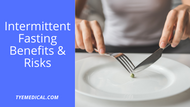Intermittent Fasting Benefits and Risks: Is It Right for You?
Written by TYE Medical on Nov 19th 2021
Intermittent fasting benefits might surprise you, especially if you’re aware of the dangers of starvation diets. When you go with too little food for too long, your body becomes nutrient deficient, and immunity can be compromised. It also wreaks havoc on your metabolism, making weight gain more likely once you start eating again.
But unlike starvation diets, abstaining from food for scheduled periods (intermittent fasting) helps many people lose weight and improve health. While your body might need some time to adjust to longer periods of fasting, most healthy people tolerate it well. For a guide to intermittent fasting methods, check out our article, Intermittent Fasting for Beginners.
Meanwhile, let’s take a closer look at the benefits and risks.
Positive Effects on Hormones
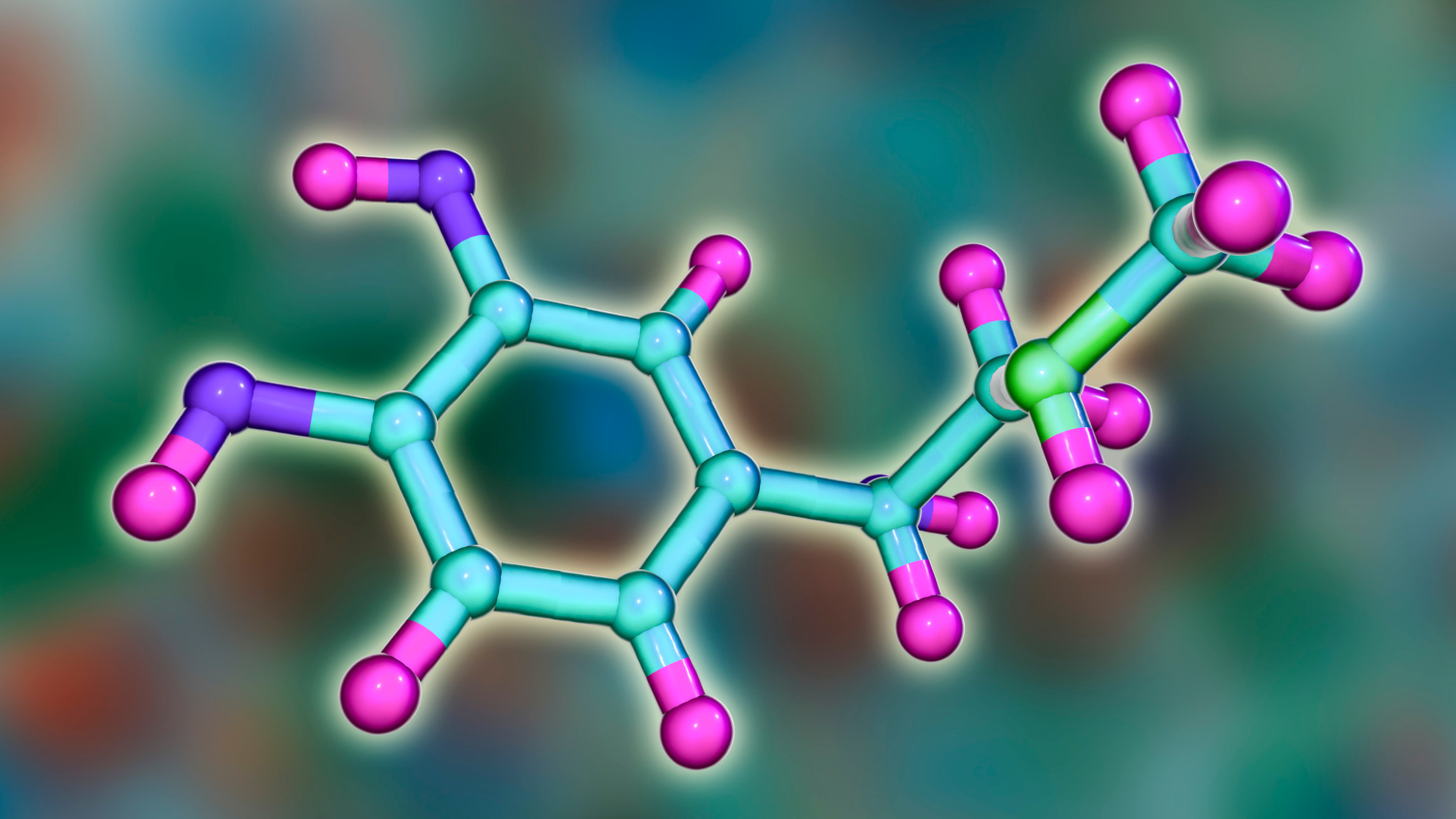
When you fast, your body adjusts various hormone levels that benefit weight loss and general health. For example, when you’re not eating for a more extended period, your body undergoes metabolic changes to make stored fat more accessible. In other words, one of the most useful intermittent fasting benefits is that it helps you burn fat easier.
But there is a difference between fasting and low-calorie diets. Yes, both restrict calories and can lead to weight loss. But only the absence of food for set periods triggers beneficial changes in metabolism that boost fat-burning efforts.
Here are some of the metabolic and hormonal changes that occur during fasting.
Lower Insulin Levels
Your body uses insulin to usher unused sugars (broken down carbs) into fat cells and trap them there—as fat. If you allow your insulin levels to drop (by not eating for a while), you’ll lose weight. This is especially true if you’re avoiding or minimizing sugars and refined grains when you do eat.
When you fast, insulin drops, and your fat cells release their energy (sugar). This means you’re essentially burning fat rather than the calories you would have consumed during your last meal. In other words, food intake keeps insulin levels up as the hormone does its job to remove excess sugars from your blood and trap them in fat cells. Fasting stops this process and reverses it to promote weight loss.
Norepinephrine
This is a stress hormone involved in the fight or flight response that also helps to keep you alert and focused. But oddly enough, these hormone levels rise rather than fall during fasting. Fasting doesn’t slow your metabolism because norepinephrine levels rise and increase your metabolic rate. Research suggests the human body is well-equipped to handle the periodic absence of food, which is a natural way to clear out excess glucose and fat stores. However, extended fasting or starvation will have the opposite effect and crash metabolism.
HGH (human growth hormone)
HGH plays a crucial role in metabolism, cell repair, and muscle strength. Fasting can raise blood levels of HGH, a hormone that promotes fat burning and preserves muscle mass. However, research suggests that men’s HGH levels rise more dramatically than women’s during fasting. More research needs to be done to verify why this is so and what range of increase women can expect.
Conversely, excess body fat lowers HGH, which is why standard calorie-restricting diets don’t work for everyone. If your HGH levels are low, your body is more resistant to weight loss even when dieting. Intermittent fasting is a good option if you want to kickstart fat loss by raising HGH levels (as well as norepinephrine).
Fasting also helps by lowering your insulin levels and preventing spikes. Insulin spikes negatively affect HGH, and if they happen regularly, they can decrease your overall HGH levels.
Reduces Overall Calorie Intake
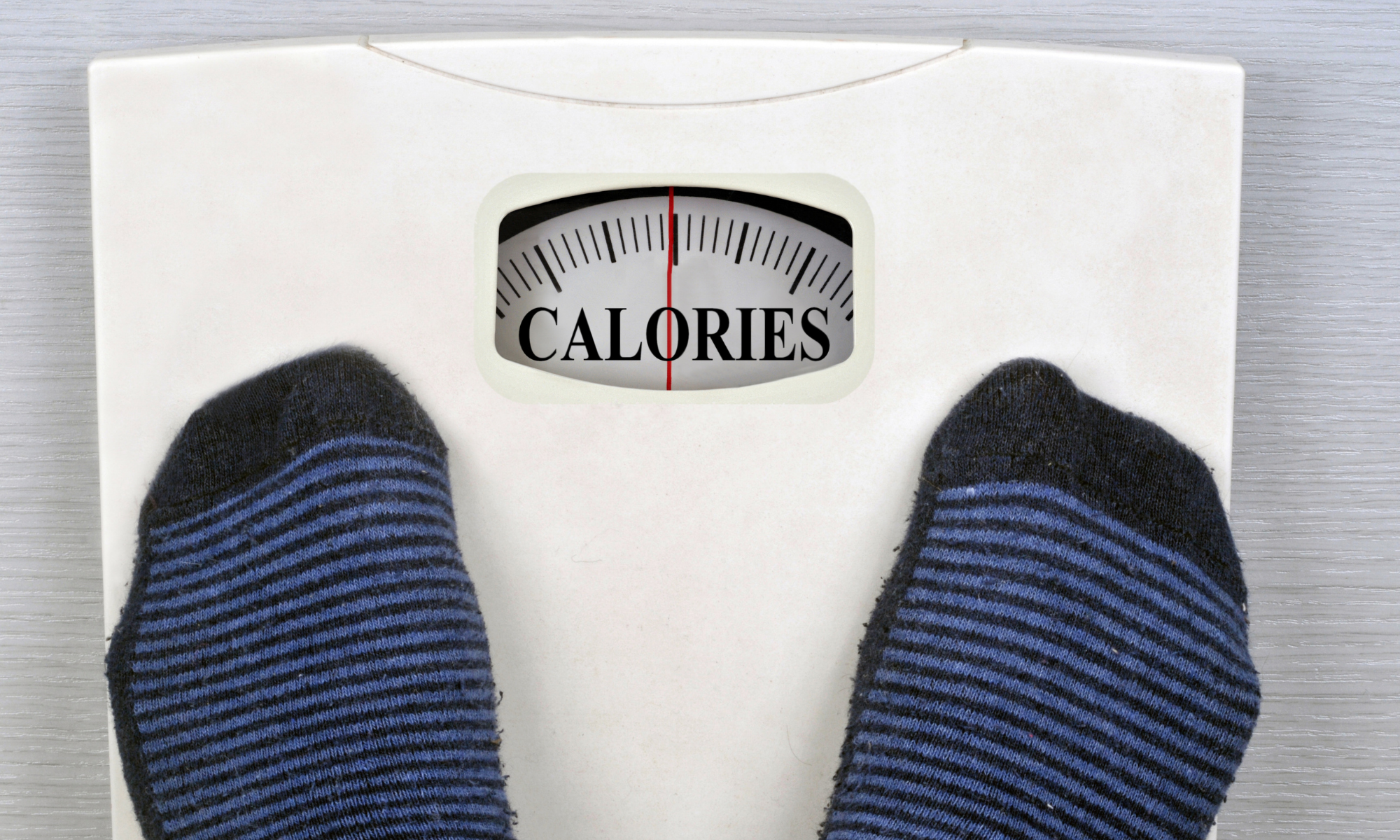
Aside from optimizing metabolism, intermittent fasting benefits include overall calorie reduction. If you’re an all-or-nothing type of person, this might be the best diet plan for you. Rather than trying to exercise self-control at every meal or with every snack, you can create a schedule that includes set windows where you don’t eat—period.
Regardless of the method you choose, you’ll have a notable calorie deficit over a week. This is especially true if you opt for healthy foods and portions during your eating window. Once your body adjusts to periodic fasting, you’ll likely notice energy gains as your metabolism increases, which will further reduce calories.
But since the intake and output of calories is a delicate balance, binging or eating junk food during your feeding window can seriously sabotage your weight loss efforts. Fasting only works if you eat reasonably during non-fasting hours.
Cellular Repair
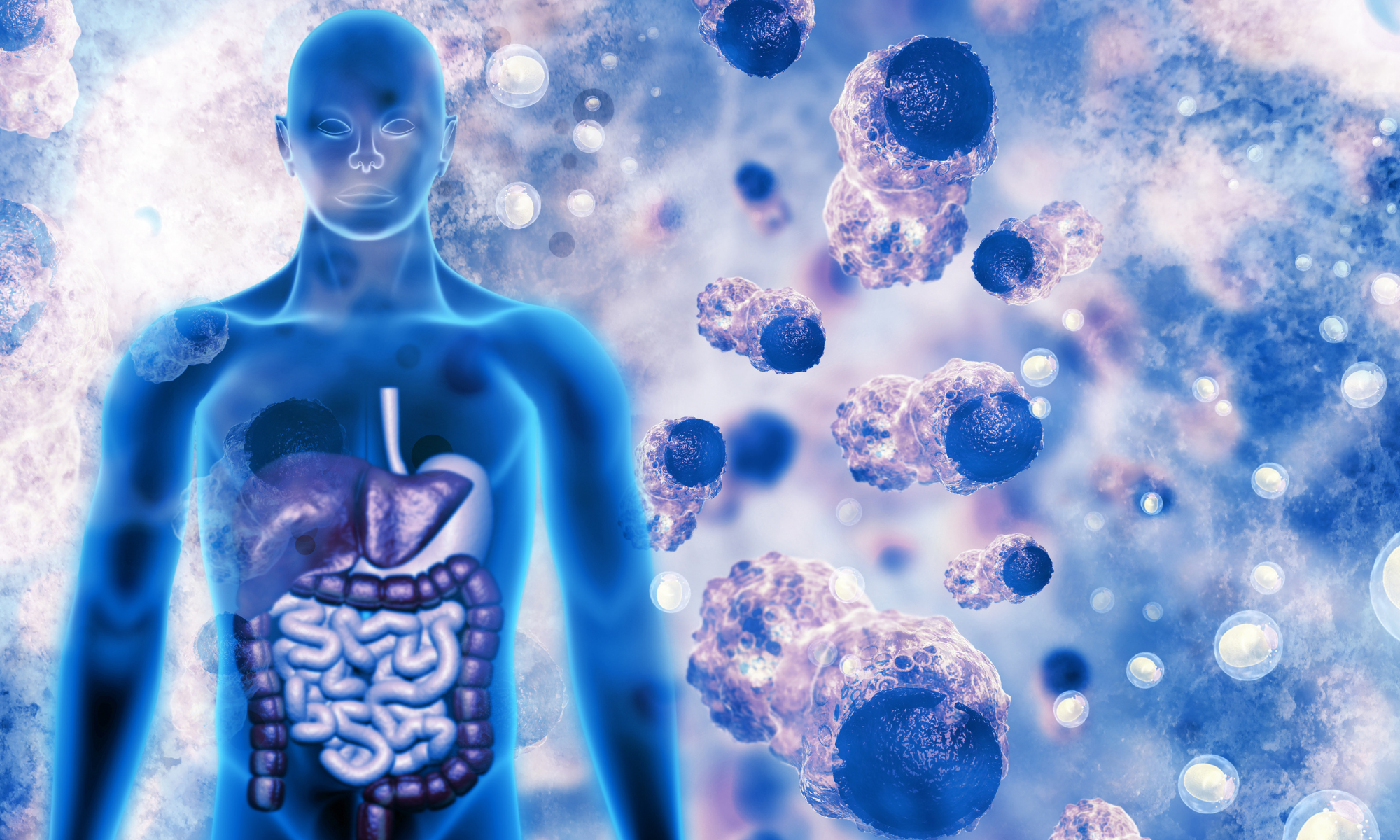
Fasting initiates your body’s cellular waste removal process, allowing cells to break down and metabolize damaged and dysfunctional proteins that build within the cells over time. It’s this protein buildup that researchers believe leads to neurodegenerative diseases like Alzheimer’s and some cancers.
Also known as autophagy, this type of cellular repair is one of the major intermittent fasting benefits that most people don’t realize. Avoiding food for set periods improves brain health and reduces cancer risk.
Antiaging Effects
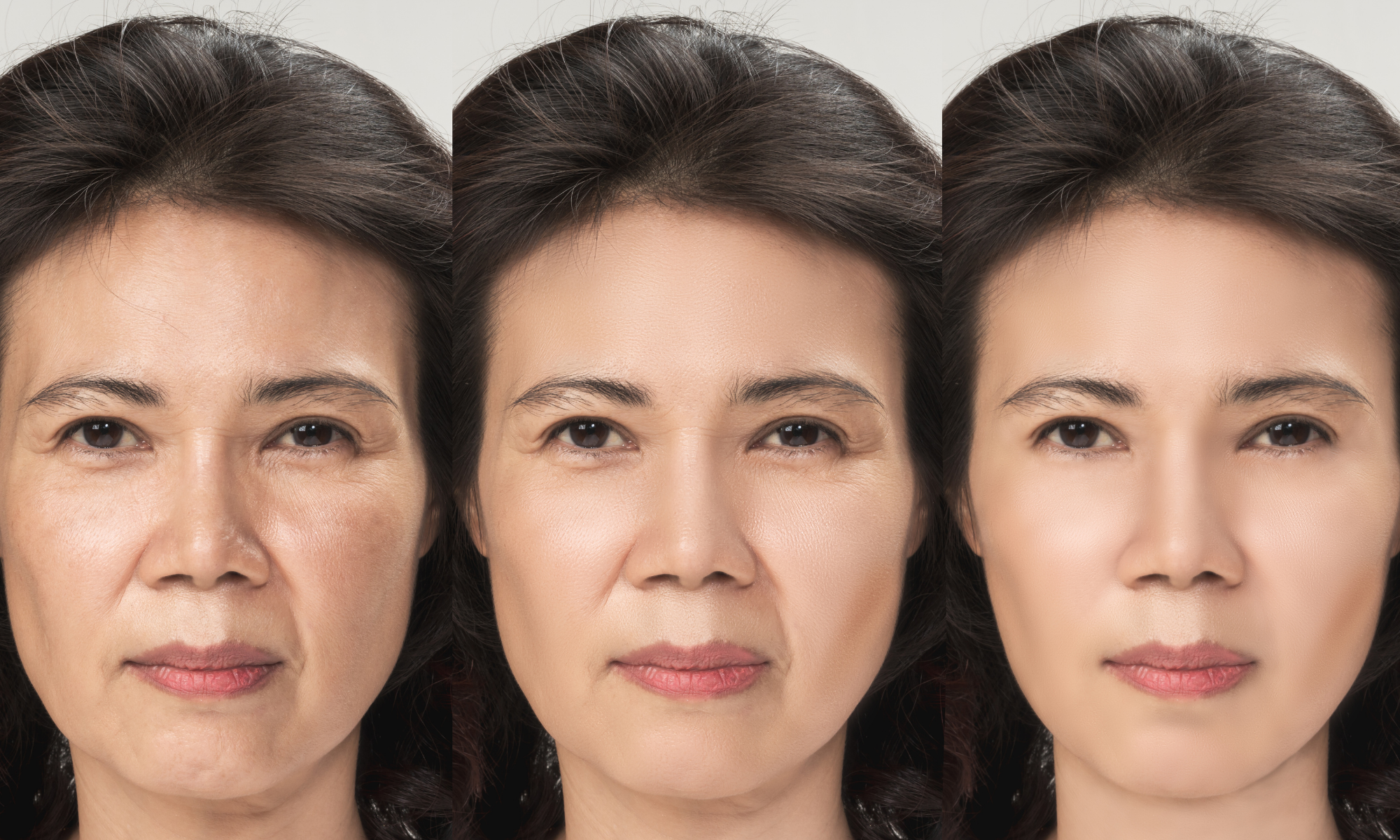
Because of the many health benefits and lower disease risk associated with intermittent fasting, it might extend your lifespan. While research hasn’t determined this to be the case for humans, studies have shown that fasting mice live 13-83% longer than non-fasting mice. During the studies, the mice fasted every other day.
And some research has suggested that fasting can reverse the signs of aging . Scientists claim that fasting triggers a molecule that delays the aging of arteries. You might wonder why more youthful arteries matter. But arterial aging leads to outward aging effects like wrinkles and hair loss. The implications are that intermittent fasting can help your body stay younger from the inside out.
Reduces Disease Risk

So, which specific diseases does intermittent fasting help you prevent? Here’s a comprehensive list of positive health outcomes other than weight loss.
- Reduce insulin resistance
- Reduce inflammation (that leads to chronic disease)
- Lower markers for heart disease
- Prevent cancer and aid treatment
- Prevent Alzheimer’s disease
- Improve general brain health
Intermittent fasting benefits are a newer area of study, which means there is still a lot we don’t know about how or to what degree it impacts disease.
Intermittent Fasting Challenges and Risks

The risk might outweigh intermittent fasting benefits for some people, which means it isn’t for everyone. Here are some things to consider before you make your decision to try a fasting method.
Binge eating
This bears repeating. Going without food for more extended periods, especially when you’re new to fasting, can trigger binging. It’s considered binging when you eat without thought or restraint—whatever you want, as much as you want—within a short period.
Most often, you’ll eat what you’re craving, and most of us crave sugar, salt, and refined carbs, all of which add pounds when consumed in excess. If you try fasting but find yourself binging during feeding windows, you might want to try another eating plan for weight loss and improved health.
Excessive Weight Loss
If you’re already underweight or have a history of eating disorders, intermittent fasting benefits aren’t worth the risk to your health. When your weight is too low, it can negatively affect your health, defeating the purpose of fasting. Be sure to talk with your doctor before starting any intermittent fasting method.
Possible Nutrient Deficiencies
If you regularly go extended periods without eating, it can affect your nutrition. It’s not always feasible to ingest two days’ worth of nutrients in one day. So over time, the cumulative effect on your health might become evident. However, regularly taking vitamins and supplements can minimize this issue, along with making nutritious food choices during non-fasting hours. Be sure to include plenty of fruits, vegetables, and whole grains.
But remember that some vitamins are fat-soluble and are most effective when taken with food. It’s best to take those vitamins during your feeding window.
Temporary Weakness and Cognitive Ability
If you’re new to intermittent fasting, your body will undergo a period of adjustment that sometimes has temporary side effects. You might feel more fatigued or weak, and sometimes the lack of food can affect your brain’s ability to perform at its best. But for most people, these symptoms pass as their body adapts to the internal changes that fasting triggers.
Absence of Menstruation
Some women might skip menstrual periods that could be temporary. When your period stops for reasons unrelated to menopause, it’s called amenorrhea. Usually, this occurs with longer periods of fasting. If symptoms don’t subside, you can try shortening your fasting window or choose a different method. It’s best to consult your doctor before continuing to fast.
And if you’re trying to conceive or are having fertility issues, it’s better to wait for another time to take advantage of intermittent fasting benefits.
Pregnancy and Breastfeeding
To benefit your growing baby and your milk production, avoid intermittent fasting or any calorie restriction outside your obstetrician’s guidelines for your pregnancy. For you and your baby’s health, you’ll need adequate calories to sustain your pregnancy, provide for your baby, and keep your hormones in balance.
Tame Incontinence Symptoms with Intermittent Fasting
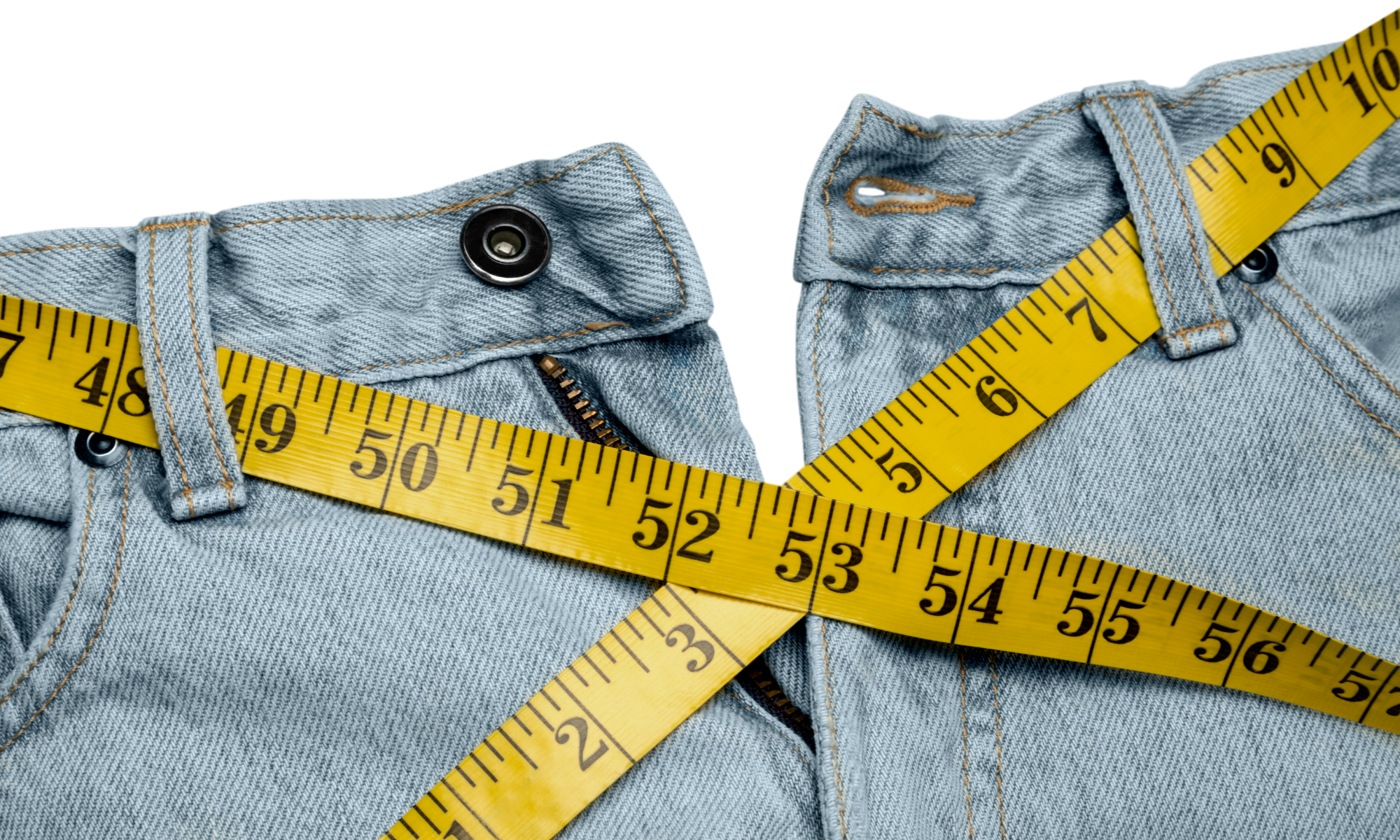
Intermittent fasting benefits incontinence by helping you lose weight and reducing chronic inflammation.
Excess weight puts pressure on your internal organs, including your bladder, which causes stress incontinence. Losing weight through effective weight loss methods like intermittent fasting relieves bladder pressure and improves urinary control .
Fasting also reduces widespread inflammation that can affect your bladder, triggering bladder pain, discomfort, and irritation that can cause leaks.
As you work toward your health and weight loss goals, try our premium bladder leak products for light, moderate, and heavy incontinence. Your order includes discreet and FREE shipping. Shop our online store!

